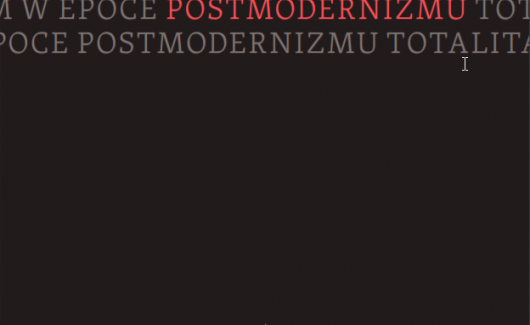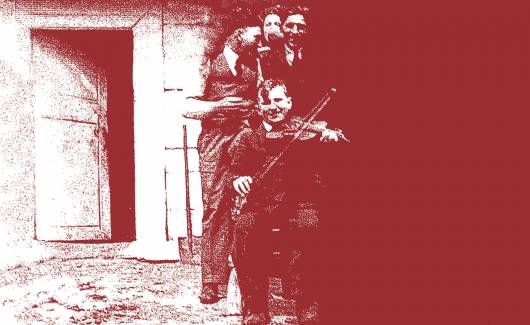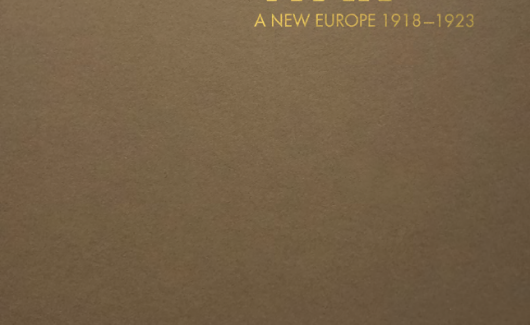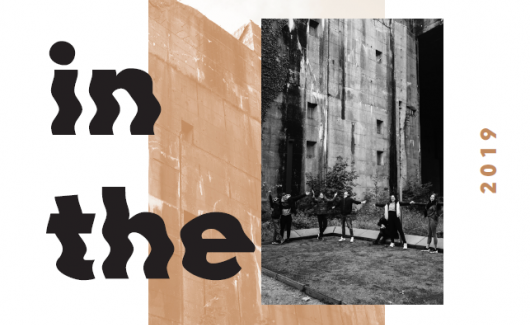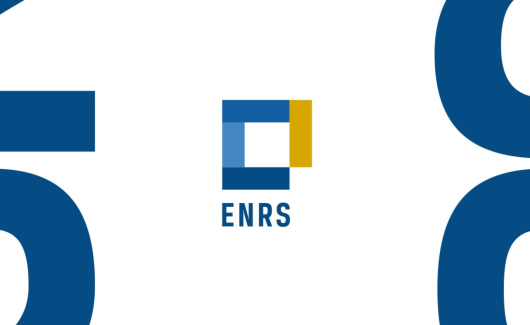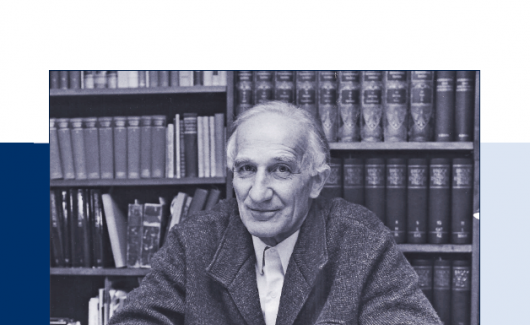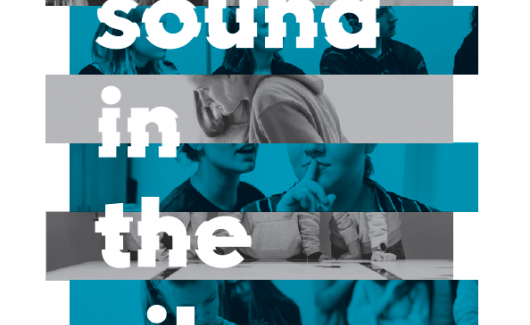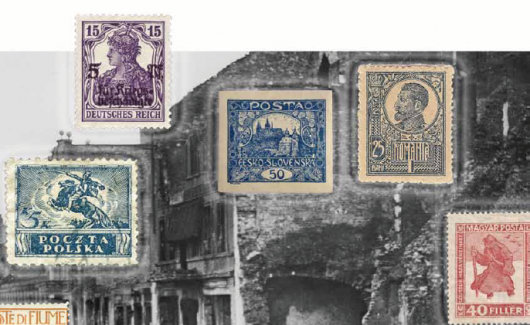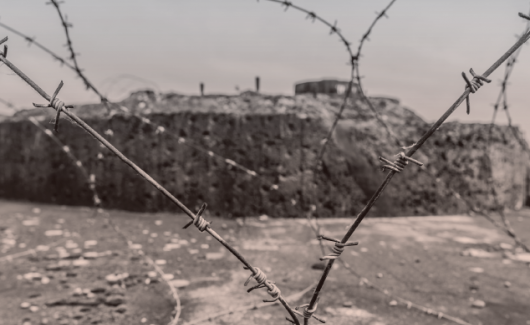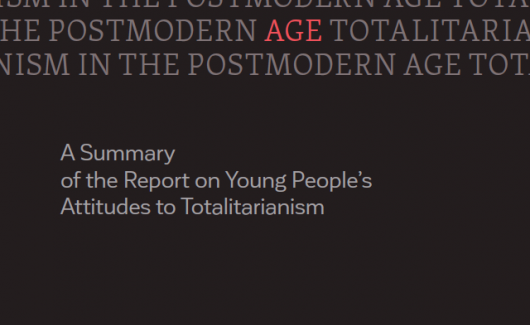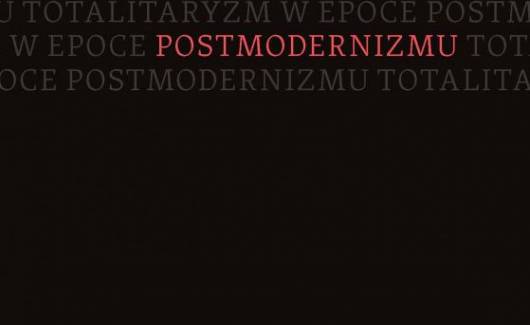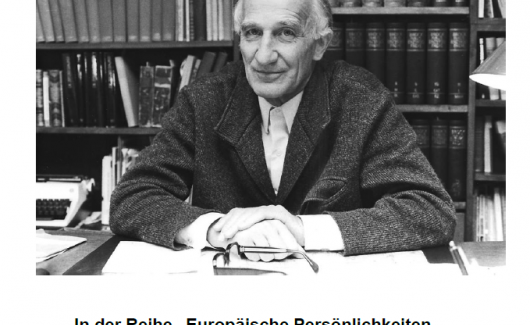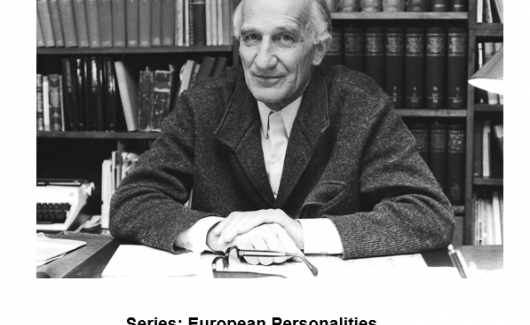In creating the first issue of Remembrance and Solidarity: Studies in 20th Century European History, we elected not to give it a theme any more precise than what the title seems to suggest. Nonetheless, the scholars we invited to contribute, no matter whether they were experienced or young, submitted texts in which two relatively clear tendencies are evident. The first is the theme of remembering the history of the 20th century in terms of political and societal issues. The authors describe debates and decision-making processes leading to the establishment of days commemorating certain events or situations in which new political rituals come into being that are meant to change our perception of the past. They compare the reigning principles in historical memory in Eastern and Western Europe, and consider the roles of the great historical caesurae in forming a sense of community within a generation. The subject of memory and its political function and potential has evidently lost none of its relevance, and continues to attract researchers, although it has been widely discussed and addressed in Europe for at least twenty years. Another aspect that unites the majority of texts is reference to communist history. This surely results from the history of the communist system and regimes having been ‘delved into’ to a much lesser degree than that of Hitlerism and its affiliated ideologies, and the sinister mark they have left on the history of 20th-century Europe. Although it is not the intention of the publishers of Studies to oppose this sort of compensatory work in the fields of history and memory, we hope that the coming issues of our annual magazine will be devoted to the memory of crises (2013), which were plentiful in 20th-century Europe, and the memory of World War One and its far-reaching effects (2014).
Go through our publications! At ENRS, we want to create a forum for exchange of opinions between historians, social studies scholars, and representatives of other disciplines engaged in memory studies. One of the ways of achieving this goal is by publishing our own annual journal "Remembrance and Solidarity Studies", as well as supporting external publications focused on remembrance and history of the 20th century in Europe.
Remembrance and Solidarity Studies in 20th Century European History. Issue number 5. Holocaust/Shoah
Since there are a number of relevant periodicals dealing with Holocaust research, the ‘Call for Articles’ for this current issue, published in February 2015, requested a focus on issues that are particularly relevant to the work of the ENRS. The objective was to obtain current research contributions from different European countries and to address authors with regional and methodologically different approaches. The response to this call has been overwhelming. The fifteen contributions ultimately selected for publication in this issue were written by an international group of authors either in English or in their native language and then translated into English. They deal with Germany, Italy, Lithuania, Poland, Russia, Romania, Ukraine, Slovakia and Hungary, or Central and Eastern Europe as a whole. The issue is divided into two main parts: I. Articles, which include academic research, and II. Miscellanea, which present both project reports and professional reflections. The Articles are subdivided into two further sections: ‘History – Studies on the Period’ focuses on the history of oppression and dispossession of Jews as well as the history and course of the murders in different local, regional and national contexts; and ‘Memory – Studies on Remembrance’ centres on post-1945 memory and remembrance, in which a variety of forms of public and private remembrance and memory preservation are considered, including literature, exhibitions, films and memorials. Special emphasis is placed here on the ways in which the subject was handled during the communist era and the question of comparability of the Holocaust / Shoah with the crimes of Stalinism.
Zwischen Leben und Tod. Austellungskatalog [DE]
After the Great War. Exhibition Catalogue [PL]
Totalitaryzm w epoce posmodernizmu.
This publication is a summary of the authors' research commissioned by ENRS, which, in connection with its academic and educational activities, asked a group of scientists: what is worth learning about contemporary youth to create a reliable diagnosis of potentially dangerous attitudes or beliefs? The knowledge gained in this way is to help "vaccinate" young people against totalitarian inclinations.
Between Life and Death. Catalogue in English
The publication presents the 2020 catalogue of the exhibition 'Between Life and Death. Stories of Rescue during the Holocaust.'
After the Great War. Exhibition Catalogue
Sound in the Silence 2019
The publication presents the 2019 edition of the Sound in the Silence project held at the Denkort Bunker Valentin memorial.
The ENRS catalogue 2018-2019
Akteur im Stillen. Enno Meyer und die Aussöhnung mit Polen und Juden
The volume reflects on the Oldenburg intellectual Enno Meyer (1913–1996). Scientists, companions, former students and family members provide information about the work and biographical background of the teacher, who became the "Spiritus Rector" of the German-Polish Textbook Talks and led efforts to educate on the discrimination and extermination of Jews in the region of Oldenburg.
In addition to his early imprints in the small-town milieu of Oldenburg and the German-national youth and student unions of the 1920s and early 1930s, the volume also covers his drastic experiences as a soldier in the Second World War. The period after 1945 was a cautious recommencement for Meyer. As a history teacher, he dealt from then on intensively with the German-Polish and the German-Jewish relationships, bringing awareness of the crimes committed during the Nazi period to his students and readers.
Sound in the Silence 2018
Central and Eastern Europe after the First World War
Magazines of European Network Remembrance and Solidarity. Volume 9.
In the early years following the First World War (1918–1923), political, military, cultural, social and economic developments consolidated to a high degree in Eastern Europe. The volume focuses, on one hand, on the efforts to establish an international structure for peace and to set previously oppressed nations on the road to emancipation. On the other hand, it sheds light on political revisionism and territorial claims, as well as political violence that was effectively a continuation of the war in many places, albeit under modified conditions.
Edited by Piotr Juszkiewicz, Burkhard Olschowsky, Jan Rydel, Tobias Weger.
Remembrance and Solidarity Studies in 20th Century European History. Issue no. 6. Violence in 20th-century European History
The issue is devoted to the diverse aspects of violence in 20th-century European history. It features two distinct contribution categories: studies and essays. The research papers showcase the complexity and multiple perspectives from which the phenomenon of violence can be studied. The second category is the synthesis of the most important lectures presented at the European Remembrance Symposium, 'Violence in 20th-century European history: commemorating, documenting, educating', Brussels, 2017.
The ENRS catalogue 2017-2018
Totalitarianism in the Postmodern Age. A Summary of the Report
Totalitaryzm w epoce postmodernizmu
Enno Meyer: Leben und Wirken
The following five articles in German arose from the workshop and provide insight into Meyer’s life and career, his work in schools and his commitment to German-Polish understanding. They also describe the influences on him, and how he in turn influenced and inspired others. We hope that the portrayal a richly varied life given here will help shine new light on an honourable personality.
A more extended volume, with additional contributions on the life and work of Enno Meyers, will appear in 2019 due course in the BKGE series published by DeGruyter.
An English version of the publication is also available on-line.
Contents:
Burkhard Olschowsky: Enno Meyer – Lebensstationen
Krzysztof Ruchniewicz: Ein Wegbereiter der Verständigung
Wolfgang Jacobmeyer: Ohne Enno Meyer hätte es keine deutsch-polnischen Schulbuchgespräche gegeben
Thomas Strobel: Die Bedeutung Enno Meyers für die Gemeinsame Deutsch-Polnische Schulbuchkommission
Burkhard Olschowsky: Enno Meyer in der Erinnerung von Kollegen
Enno Meyer. His Life and Work
The following five articles arose from the workshop and provide insight into Meyer’s life and career, his work in schools and his commitment to German-Polish understanding. They also describe the influences on him, and how he in turn influenced and inspired others. We hope that the portrayal a richly varied life given here will help shine new light on an honourable personality.
A more extended volume, with additional contributions on the life and work of Enno Meyers, will appear in 2019 due course in the BKGE series published by DeGruyter.
A German version of the publication is also available on-line.
Contents:
Burkhard Olschowsky: Enno Meyer: His Life in Brief
Krzysztof Ruchniewicz: A Pioneer of Reconciliation
Wolfgang Jacobmeyer: Without Enno Meyer There Would Have Been No German-Polish Textbook Discussions
Thomas Strobel: How Significant was Enno Meyer to the Joint German-Polish Textbook Commission?
Burkhard Olschowsky: Enno Meyer as Remembered by His Colleagues
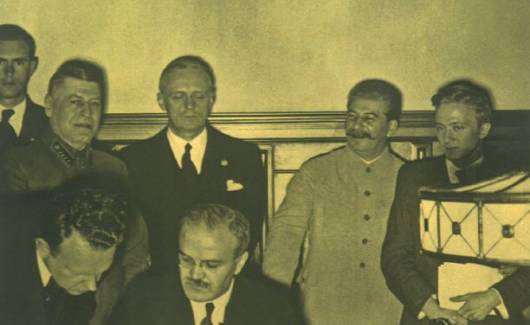
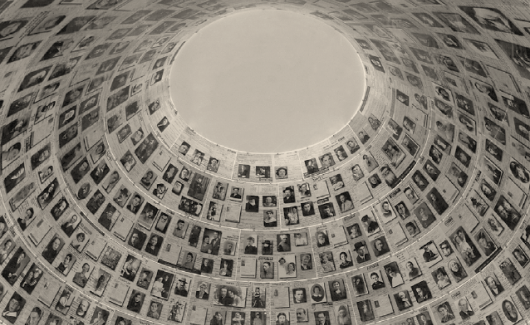
![Photo of the publication Zwischen Leben und Tod. Austellungskatalog [DE]](https://enrs.eu/media/cache/thumbnail_530_325/uploads/media/5f467ffb0383b-katalog-blad.jpg)
![Photo of the publication After the Great War. Exhibition Catalogue [PL]](https://enrs.eu/media/cache/thumbnail_530_325/uploads/media/5f3446d862faa-117526551-3583520085014768-6120026086801640651-o.jpg)
